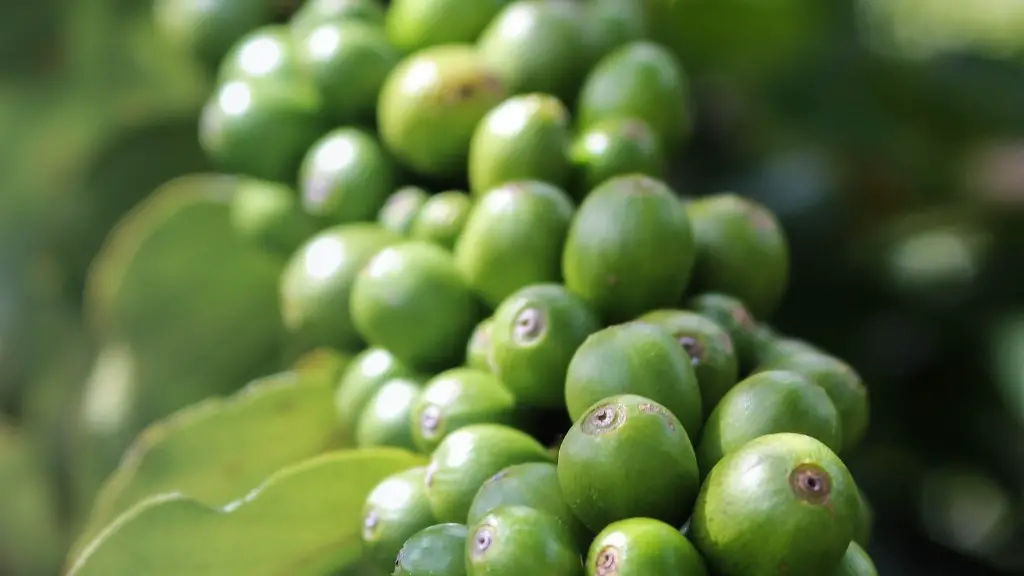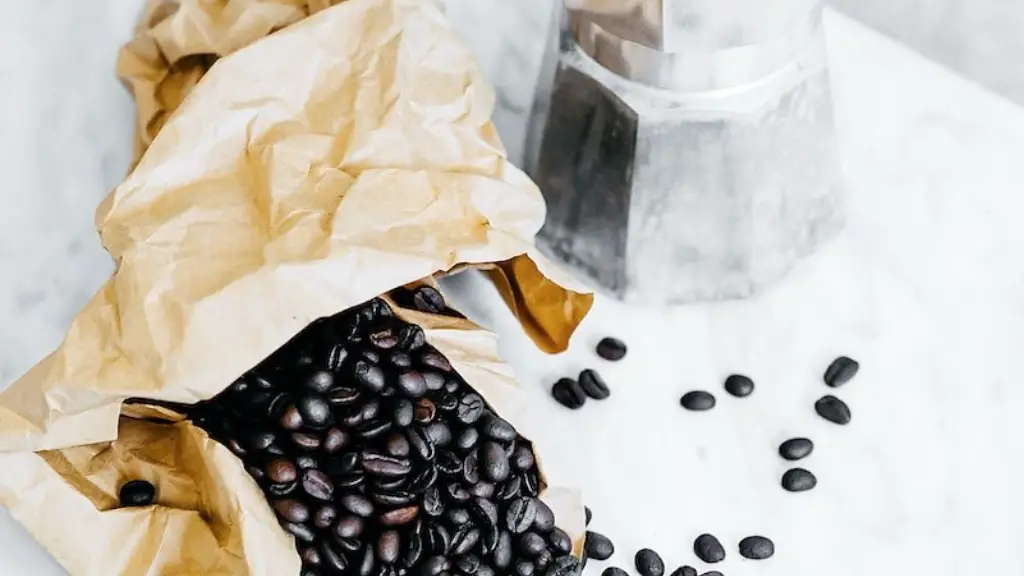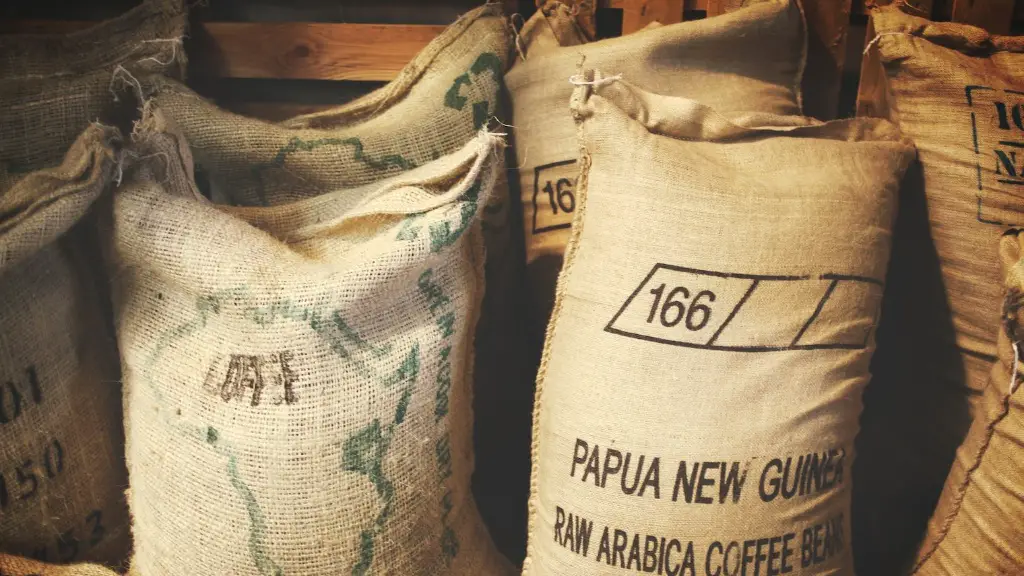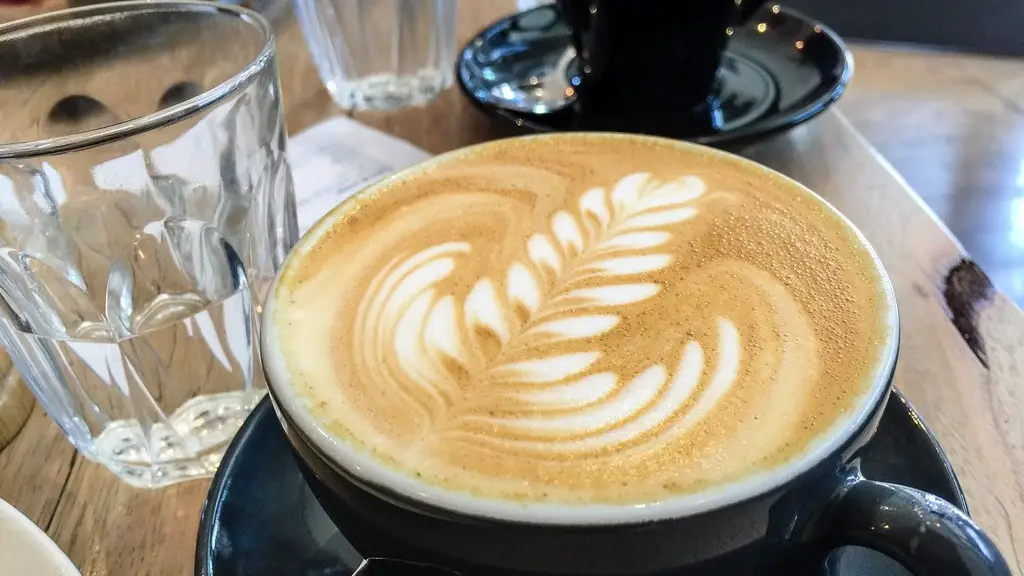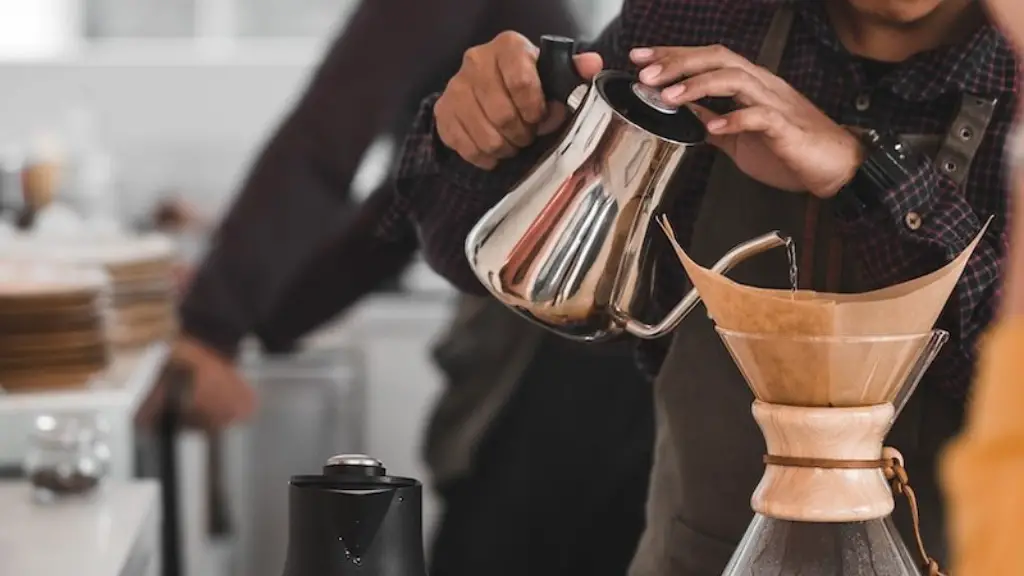Coffee has become increasingly popular in recent years. It’s a source of stimulation, focus and a study aid. Many people enjoy coffee and don’t experience any negative health effects, while others are more sensitive to it. Does drinking coffee bloat you? Let’s take a look at what the experts say and the circumstances that could contribute to it.
According to the National Coffee Association, 51% of Americans over the age of 18 drink coffee every day. It’s even more popular in countries like Italy and Finland, where 80 to 90% of people drink coffee regularly. It’s estimated that over 2 billion cups of coffee are consumed each day.
The main active ingredients in coffee are caffeine and polyphenols. Caffeine acts as a stimulant and polyphenols are responsible for the coffee’s taste and aroma. Coffee also contains antioxidants, which are beneficial to your health.
While there’s disagreement over the benefits and risks of drinking coffee, the consensus among experts is it’s unlikely to cause bloating unless you have an underlying condition or drink it in large amounts. Nutrition researcher and coach Giselle Philbrook says, “Excessive caffeine consumption can result in digestive distress and bloating.” She also adds, “Drinking coffee can also lead to bloating if you have an underlying digestive disorder, like Irritable Bowel Syndrome (IBS).”
Coffee is an acidic beverage, which increases acidity levels in your stomach and affects the absorption of minerals from food. This can lead to an upset stomach, and cause bloating. Furthermore, the caffeine in coffee can stimulate your digestive tract and make your intestines contract, trapping more air and therefore making you gassy.
Other factors that may contribute to bloating when drinking coffee are additives such as sugar and dairy creams. If you’re sensitive to lactose, added cream can lead to digestive upset, bloating and gas. Sugar, in large amounts, can also cause bloating and gas. Furthermore, if you’re sensitive to caffeine, it can cause your stomach to produce more acid, leading to upset stomach and bloating.
The key is moderation. When enjoying a cup of coffee, mindful consumption can help avoid bloating. Try to avoid adding high quantities of cream and sugar. A small amount of either is unlikely to cause an issue, but if you’re sensitive, opting for one of the alternatives is key.
Herbal Coffee Alternatives
If you’d like to reduce the bloat associated with coffee, opting for an herbal coffee alternative may be the way to go. This means a caffeine-free alternative, such as chicory root and carob, dandelion root and moringa, or turmeric and ginger. These herbal recipes offer some of the same flavors as traditional coffee, but without the side effects.
The benefits of an herbal coffee alternative can include improved digestion and better hydration. Drinking enough water is essential for good digestion and hydration, and herbal coffee can help with that. It’s also important to choose organic ingredients when making an herbal coffee blend, as non-organic products may contain pesticides or fungicides, which can further upset your digestion.
Chicory is an herbal coffee replacement made from the roasted roots of the chicory plant. It has a slightly sweet and nutty flavor, and provides some of the same benefits as traditional coffee, including antioxidants. Carob has a nutty and chocolate-like taste, and can also be a great alternative for those looking to reduce bloating when drinking coffee.
Dandelion root and moringa are some other popular herbal coffee ingredients. Dandelion root is known to be a liver detoxifier, improve digestion and reduce inflammation. Moringa can help reduce bloating by balancing out pH levels in the body, aiding digestion and eliminating waste.
Turmeric & Ginger Alternative
The combination of turmeric and ginger is a popular herbal coffee alternative. Both ingredients have anti-inflammatory benefits and can help reduce bloating. Turmeric is known to reduce stomach acid and regulate digestion. Ginger can help reduce irritation in the gastrointestinal tract, helping with good digestion and reducing symptoms like bloating.
If you find yourself struggling with bloating after coffee, making the switch to an herbal coffee alternative may be the solution you need. It’s important to keep in mind that each person reacts differently to coffee, and you should consult a qualified health professional for advice about what’s best for you.
Soothe Bloating After Coffee
If you have experienced bloating after a cup of coffee, there are ways to soothe digestive upset. For starters, drinking peppermint tea can help to reduce your stomach acid and soothe your digestive system. Similarly, chamomile tea can also help to relax the intestines and reduce bloating.
When it comes to your diet, introducing probiotics can help maintain the balance of good bacteria in your gut and improve your digestion. You can get probiotics naturally from fermented foods like kimchi, miso and sauerkraut., or via supplements. Additionally, dietary fiber is important for digestion and can help reduce bloating.
If it turns out that you are particularly sensitive to coffee and its effects, you can try avoiding it altogether. There are plenty of caffeine-free alternatives that can still provide you with a morning pick-me-up or afternoon boost, like herbal teas or green tea.
Do’s and Don’ts of Drinking Coffee
When drinking coffee, moderation is key. If your body is sensitive to caffeine and coffee, it’s best to reduce your intake or stop drinking it altogether. Sweeteners and creams in large amounts should be avoided, as they can contribute to bloating. Adding fiber and probiotics to your diet can aid in digestion, and herbal teas may help soothe and relax your digestive system.
It’s essential to mindfully enjoy your coffee and monitor how you feel after drinking it. While caffeine in moderation is not likely to bloat you, everyone is different and could be intolerant to it. Keeping an eye out for the symptoms that could signal digestive distress is key if you’d like to enjoy the benefits of coffee without any side effects.
Coffee & Diet Tips
Coffee can, in principle, be included in a healthy diet. However, when it comes to bloating, it’s important to be aware of what you’re eating and drinking alongside it. Limiting foods that are high in sugar and dairy is beneficial. Try adding soluble fiber foods to your diet, like oats and avocados, as they are known to reduce bloating.
Processed foods and fried foods should also be avoided, as they can contribute to gas and bloating. In the same vein, carbonated drinks should be limited, as they can result in an upset stomach and additional food intolerance, which will lead to additional bloating.
Increasing your intake of water is also beneficial for avoiding bloating. Staying hydrated helps with digestion and keeps your gut healthy and foods moving through your system.
Coffee & Stress
The combination of stress and coffee can be very powerful. It’s essential to be aware of how much caffeine you’re consuming, and how it may cause anxiety or nervousness. If possible, try and plan your caffeine intake throughout the day so you’ve got enough energy to get through it. Try to drink coffee earlier in the day, and plan to limit your caffeine intake in the late afternoon and evening.
If the impact of stress has had an effect on your digestive system, then introducing yoga and breathing exercises can help relax your body, aiding in digestion and reducing bloating. Other activities like meditation or walking can be beneficial as well, as can talking to a therapist.
It’s also important to manage your stress levels. When your body is stressed, the levels of cortisol keep increasing, making it difficult for the body to relax. Taking time to breathe and stretch, writing down your thoughts, setting achievable goals and talking to a friend can help you keep calm.
Coffee & Hydration
Coffee can be dehydrating, so it’s essential to monitor how much you’re drinking. The general rule of thumb is to consume a glass of water for each cup of coffee you drink. Drinking herbal tea or plain water between your coffee intake can help keep you hydrated, which will help with avoiding bloating. As mentioned afore, it’s key to stick to organic brands of coffee to minimize the risk of digestive issues.
Adding electrolytes is also beneficial when it comes to coffee and bloating. Electrolytes provide energy and helps regulate hydration in your body, as well as help move waste products through it. You can opt for electrolyte-rich foods as sources of energy, such as bananas, beets, coconut water or dark chocolate. Alternatively, you could opt for electrolyte-infused drinks or supplements.
